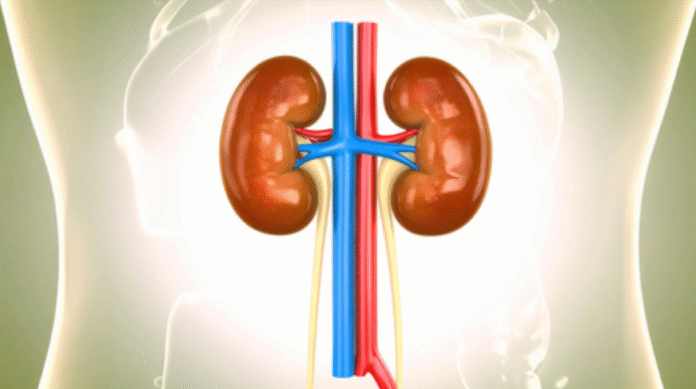NEW DELHI– Young adults working night shifts face a significantly higher risk of developing kidney stones, according to a large study published in Mayo Clinic Proceedings.
Researchers found that shift workers overall had a 15 percent greater chance of kidney stone events, with the risk most pronounced among younger employees and those in less physically demanding jobs.
Kidney stone formation is linked to multiple lifestyle and biological factors, including body mass index (BMI), hydration, smoking, and sleep. The study suggested that long-term shift work — defined as irregular hours outside the conventional workday — disrupts circadian rhythms, alters metabolism and hormone secretion, and increases the likelihood of adverse health outcomes.
“We found that shift work is associated with a higher risk of kidney stone events; an association that is partially mediated by several lifestyle factors, including smoking, sleep, fluid intake, and BMI,” said lead investigator Yin Yang of Sun Yat-sen University’s Department of Epidemiology.
The findings were based on data from more than 220,000 participants tracked over a median follow-up period of 13.7 years.
Kidney stone disease, which affects between 1 and 13 percent of people worldwide, is preventable but carries long-term risks, including cardiovascular disease, chronic kidney disease, and renal failure.
In an accompanying editorial, Dr. Felix Knauf of the Mayo Clinic’s Division of Nephrology and Hypertension said the disruption of circadian rhythms is central to the risk. “Homeostasis and health are underpinned by physiologic systems, virtually all of which are governed by the biologic clock that dictates the periodicity, tempo, and physiologic effects of circadian rhythms,” he explained.
The study adds to growing evidence that nontraditional work schedules can have serious and lasting health consequences, reinforcing calls for preventive measures and lifestyle adjustments among night shift workers. (Source: IANS)














